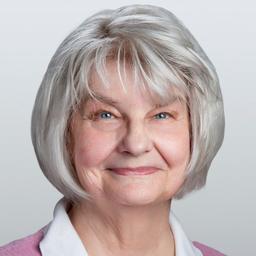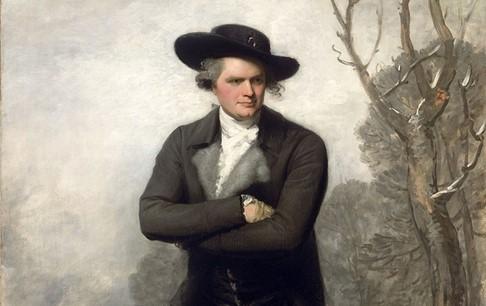NEW WINDSOR—He’s been where all the action was taking place around the world—Iraq, Afghanistan, East Berlin, South Korea, and more.
A key player in some U.S. missions, former Chief Warrant Officer 5, Alan Mack, handled himself with distinction as one of the most experienced helicopter pilots in the armed forces.

Chief Warrant Officer 5 Alan Mack at the Change of Command and retirement ceremony at the Second Aviation hangar at Stewart Airport in New Windsor on July 1, 2016. Yvonne Marcotte/Epoch Times





